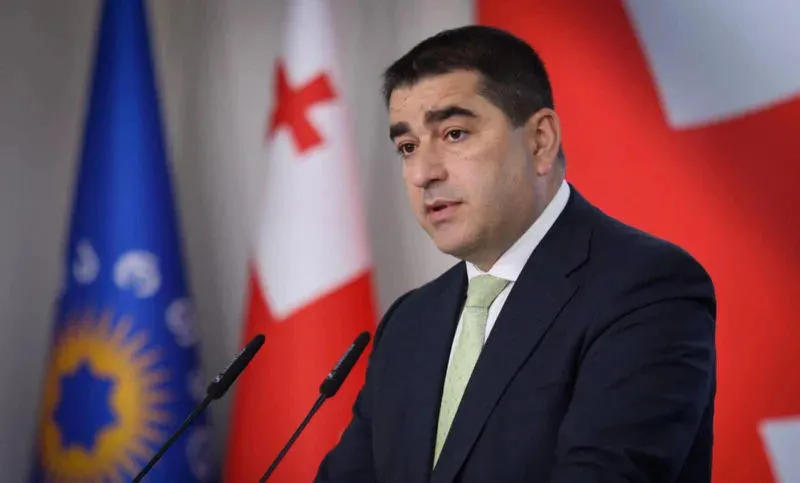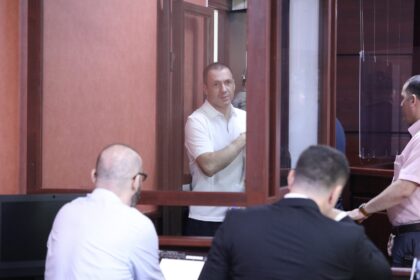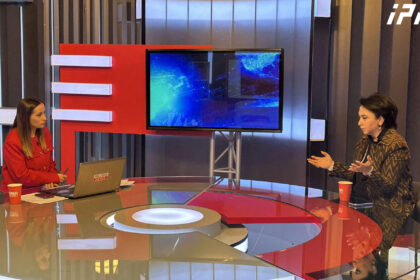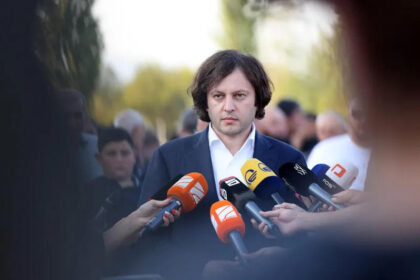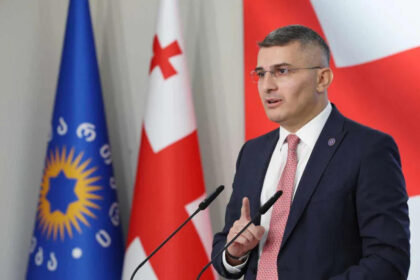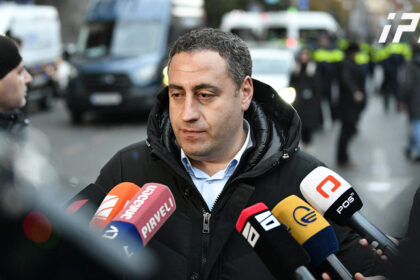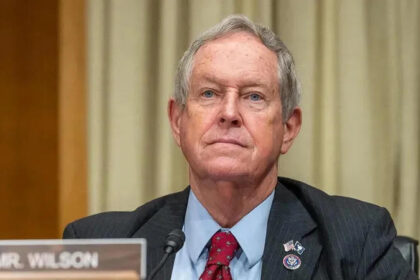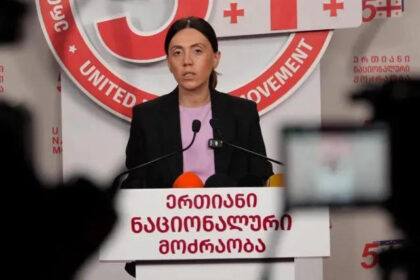**Georgian Politician Slams German Ambassador Over Criticism**
In a recent statement, Shalva Papuashvili, a high-ranking official from Georgia, has sparked controversy by criticizing the country’s treatment of Germany’s ambassador. The issue at hand is not about defending or attacking anyone personally, but rather about maintaining freedom of speech and critique.
The European Union (EU) has long been admired for its democratic values and commitment to peace. However, Papuashvili’s statement suggests that this admiration should not be used as a tool to silence legitimate criticism. He emphasized that just because the EU is great does not mean individuals cannot speak out against issues that deserve attention.
One of the key points made by Papuashvili was the importance of differentiating between genuine criticism and baseless insults. He argued that mixing constructive feedback with personal attacks only serves to undermine the credibility of valid concerns. This line of thinking has historical resonance, as it echoes the way Soviet-era propaganda often blurred the lines between legitimate critique and vicious personal attacks.
**The Context**
It is essential to understand the broader context in which this statement was made. Relations between Georgia and Germany, both individually and through their roles within the EU, are significant for regional stability and economic cooperation. The fact that Papuashvili chose to speak out about what he perceives as undue restrictions on free speech suggests a deeper concern for how diplomatic relations can impact local political discourse.
**The Way Forward**
Papuashvili’s statement reflects a broader societal debate in Georgia, centered around the balance between international cooperation and maintaining national sovereignty. As countries navigate complex global relationships, understanding the value of constructive critique without resorting to personal attacks is crucial. This approach not only fosters healthier diplomatic relations but also strengthens democratic institutions.
Read More @ www.interpressnews.ge




